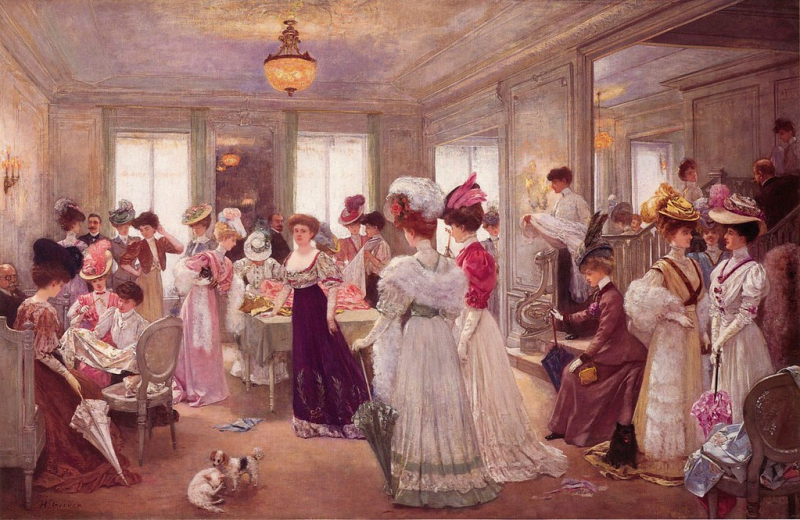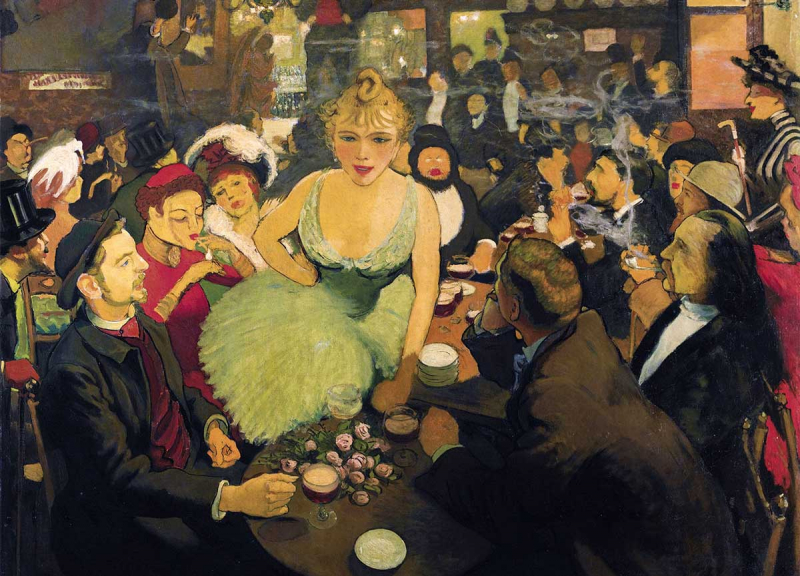Belle Époque
Following the Franco-Prussian War of 1971, France saw a period of progress in the arts, culture, living standards, and general quality of life known as the "golden age" or Belle Époque, which translates to "beautiful age." Additionally, there were few significant conflicts during this period, which allowed for more freedom of thought across all disciplines. In addition to numerous other accomplishments, France tripled its GDP between 1871 and 1914, achieved significant advances in the emerging industries of aviation, electronics, railways, and the automobile, and increased urban wages by more than 50%.
However, some historians disagree with that optimistic interpretation of this time, contending that not everyone enjoyed a golden age during that period. The majority of French people, especially those living outside of the country's urban regions, witnessed little improvement in their daily lives during this period of relative excess, however some of the poorer segments of the population did gain. The general public's unhappiness also began shifting away from the fundamental principles of the French revolution at this time and toward regressive, racist viewpoints.
Including: Revanchism, Scramble for Africa, Dreyfus affair, Start of World War I
Leader(s): Patrice de MacMahon, Jules Grevy, Jules Ferry, Sadi Carnot, Georges Boulanger, Raymond Poincaré












